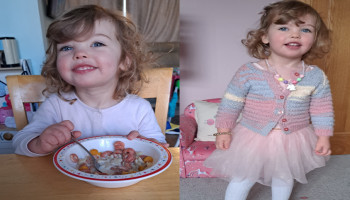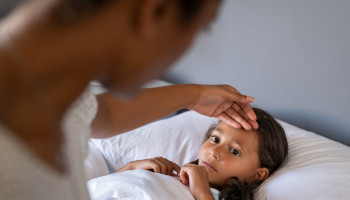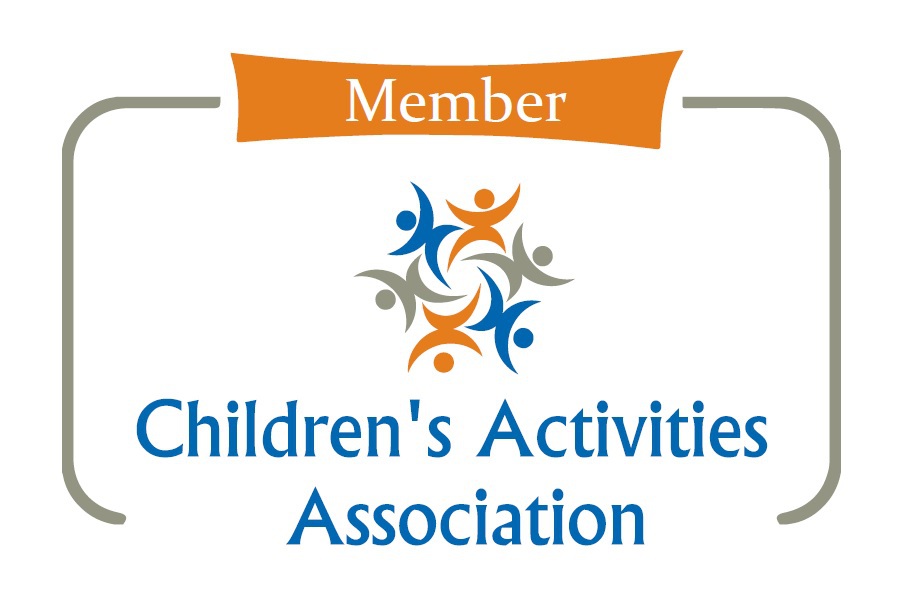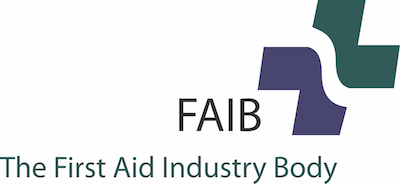At Mini First Aid we have over 70 franchises across the UK, and are the biggest paediatric first aid trainer in the country. We are proud to deliver first aid lessons to Early Years, Primary, Secondary and Special Needs schools to support their National Curriculum obligations.
If you are a teacher or a teaching assistant, looking to change roles or retired, or just love working with children, then becoming a Mini First Aid trainer may be the new challenge you are looking for! We’ve had a chat with Zoe Reddin from our Lincolnshire and Doncaster franchise so you can learn a bit more about working with Mini First Aid:
Hi Zoe, thanks for chatting with us today! What do you like best about teaching children first aid?
I love that I get to visit a different location each week. One day I might be teaching our Early Years class in a nursery, then I might spend 2 days delivering Kids classes to Key Stage 2 students at a primary school, and then maybe a Teens class to a local youth club in the evening. Alternatively, I might be teaching a Sit, Chop, Chew class to some Reception children and then end the week with some Healthy Minds workshops for Year 5 students at another school. Each setting is different, each class that we deliver is different and each child is different.
Working with children is so rewarding and so much fun! Children are so engaging and love to learn new things and meet new people. Our classes are all designed to be very interactive and practical with no screens or presentations used. Children get to take part in discussions, group and individual activities and get hands on practice with our first aid manikins and choke vests. Children are so honest and open and will ask so many questions. They are also not shy with their feedback! I am not going to lie, you can’t help but leave a school or group feeling good about your work when children come up to you and give you a hug or high five goodbye, and say things like “this has been the best day ever!”
How important is it that every child learns first aid Zoe?
With first aid being on the National Curriculum in England, it feels good that we can be involved in this part of each child’s learning process: learning skills that they may then go on to use to save a life in the future. Many of our wonderful customers go above and beyond the National Curriculum and get us to return annually or bi-annually to complete first aid training and deliver Healthy Minds workshops for their students.

Healthy Minds sounds interesting – can you tell us
a bit more about the classes Mini First Aid offers for children?
Yes, we offer the following:
· Early Years classes (designed for children aged 3-6 years). We have 2 options, one where children learn first aid with Freddie (who has to help his mum when she gets poorly) and the second option is focused on safe eating habits to avoid choking
· Kids classes (designed for children aged 7-11). In this practical first aid workshop, kids learn to deal with bumps, burns, breaks and bleeding, as well as carrying out CPR and learning what to do in a choking incident
· Teens classes (designed for 11-16 year olds). In this 2 hour session, Teens learn all the first aid outlined above, as well as dealing with asthma attacks and allergic reactions
· Healthy Minds (designed for 7-11 year olds). These 6 workshops are a complete course to help children build solid foundations to support positive mental health and wellbeing. Topics covered include body image, resilience, self esteem and bullying
Where do you deliver these classes Zoe?
I’ve had the pleasure to work in a huge variety of settings including:
· Nurseries, childminders, and other Early Years settings
· Mainstream Infant, Junior, Primary and Secondary Schools
· SEND Schools (Special Educational Needs and Disabilities)
· SEMH Schools (Social, Emotional, Mental Health schools)
· Alternative Education settings
· Home Education groups
· Young carers
· Foster agencies
· Youth clubs
· Rainbows, Brownies and Beavers
· University Technical College – specialising in Health Science
Additionally, I have just secured a booking for a full day of first aid classes for children at an Art Gallery as First Aid fits with the topic of an upcoming exhibition. So it really is such a varied job!
The Mini First Aid Lincolnshire and Doncaster team have developed some great working relationships with the places that we work with. They love our approach to teaching first aid and how inclusive our classes are, focusing for example on what a burn might look like on all different skin tones. We often end up working with a school to roll out First Aid training to their staff too, with courses such as our 3 hour Basic Life Support and AED course, one day Emergency First Aid and also our blended Paediatric First Aid course which covers the EYFS and OFSTED requirements.

Do you have some top tips for making the customer’s experience really special Zoe?
I personally like to speak on the phone to each different setting or group when I get an enquiry as then I can find out more details about why the school is booking first aid when they are. Often it may link in with a topic they are currently learning about such as people that can help us, the human body, Florence Nightingale etc. Then we can tie in our class with that topic: for example if they are learning about Florence Nightingale we can tie that in when we talk about germs and reducing the risk of infection when we cover bleeds.
Although Mini First Aid have a good variety of sessions available for all age groups, I work closely with each school to ensure that the sessions are appropriate to the audience. For example, with the SEND schools that I work with, we adapt lessons to suit varying physical and cognitive abilities, noise sensitivities, children that are blind or partially sighted etc and then we deliver the sessions to the amount of time and to the group size that the school deem most suitable. We are very used to working flexibly and are always prepared to just “go with the flow”. We also receive excellent training via Mini First Aid – for example, we did a session with the RNIB (Royal National Institute of Blind People) to discover how to adapt our training to suit the needs of blind or visually impaired children.
As a busy mum yourself Zoe, how does your work with Mini First Aid fit around family life?
I’m mum to Evie, 9 and Rosie, 6 so from a work/life/family perspective a great thing about working with schools is that I can plan to work more during term time and less during school holidays. Over summer I tend to choose to work at more events, which we can attend as a family. Our children have their own uniforms and are excellent Mini First Aiders!!

And it’s wonderful when I find out I have made a genuine difference to the lives of other families – I recently received this feedback from a school I trained:
This week Oliver, aged 9, took part in our Mini First Aid Kids Class at his primary school. Little did he know that he would be using his first aid skills just hours later when his Mum burned her finger whilst making pancakes.
Oliver recalled what he had learned about burns that day and whilst his mum cooled her burn under cool running water for 20 minutes, Oliver got the clingfilm ready and then loosely wrapped her finger.
Mum Becky was really impressed with how Oliver handled the situation and was surprised with how much of a difference having the correct first aid treatment made. She woke the next morning without even a blister!”
Zoe, it really sounds as though you absolutely love the rewarding nature of your job, and the variety and flexibility it affords you. Thank you for giving us an insight into working as a first aid trainer for Mini First Aid!
If you’d like to enquire about becoming a Mini First Aid trainer, you can do so here
If you work in an educational, childcare or youth setting, and would like to book a Mini First Aid class, you can do so here









